However, according to Mr. Ta Van Tuong, Deputy Director of the Hanoi Department of Agriculture and Environment, that consumption habit is not completely correct scientifically. Because the hot and humid tropical environment like Vietnam easily creates conditions for bacteria to grow and develop, if the meat is not preserved in time, it will limit the freshness, making it especially difficult to ensure food safety.
Mr. Tuong believes that Vietnamese people need to learn the consumption habits of many developed countries, which is to use chilled meat. Specifically, after slaughter, hot meat is slowly cooled, helping to preserve it for a long time while still retaining the nutritional components inside, delicious and food safe. "If consumers do not change their habits to switch to chilled meat, producers of good and safe products will find it difficult to develop because they will find it difficult to consume," Mr. Tuong affirmed.
According to Mr. Tuong, small-scale agricultural production, which only sells raw products to traders, often faces many risks. Therefore, to ensure safety for both producers and consumers, agricultural production must follow a chain with deep processing. Deep processing not only helps improve product quality but also increases economic value for those participating in the chain. A positive sign shows that consumers today increasingly have high demands on form and quality, especially on food safety, traceability, origin, etc.
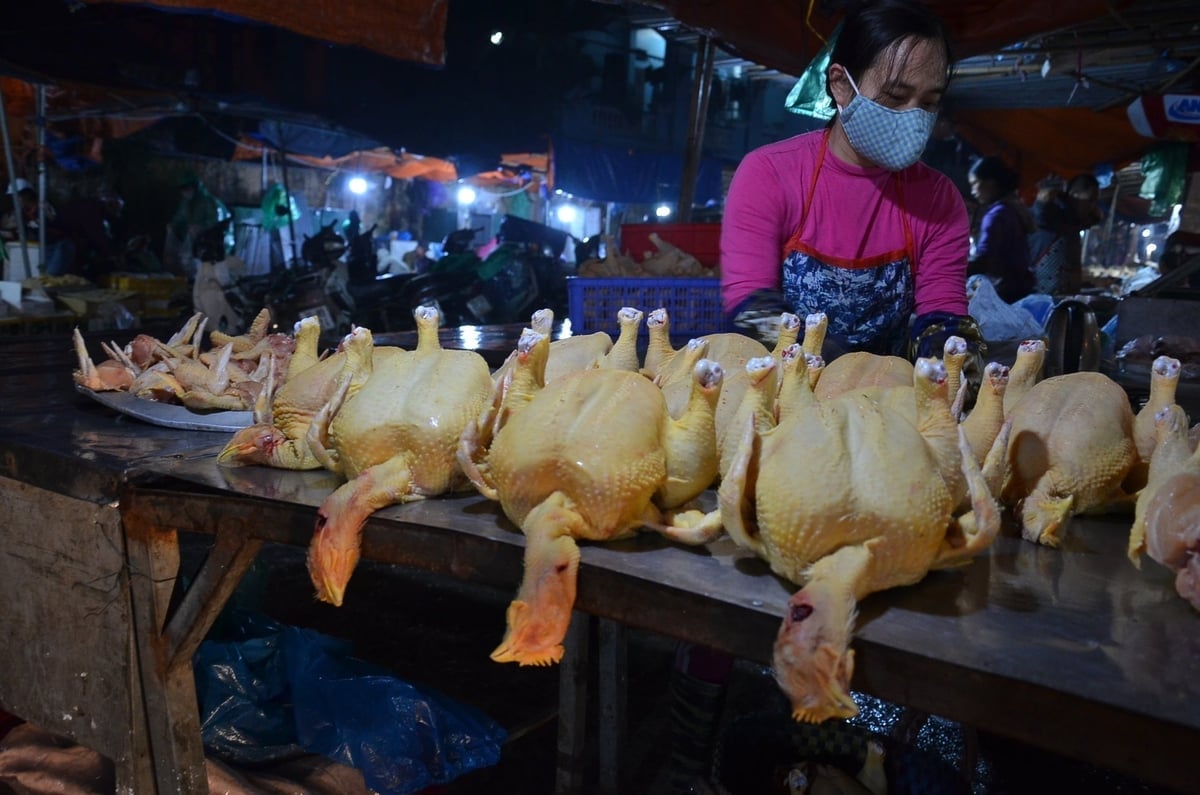
A chicken stall at the night market. Photo: Dinh Thanh Huyen.
To prevent food of unknown origin, the Hanoi Department of Agriculture and Environment has recently focused on promoting compliance with regulations on slaughtering, trading animals and animal products, ensuring food safety and transparent origin. At the same time, it strictly checks veterinary conditions, food safety and environmental hygiene for animal slaughterhouses.
The Department also resolutely handles unlicensed animal slaughterhouses, unsanitary environments, and the release of products harmful to human health to the market. Not only that, the Hanoi police force has also prosecuted a number of typical cases related to the transportation, slaughter, and consumption of diseased livestock meat; the production of fake food, or the sale of smuggled animal products or those without documents proving their origin.
According to statistics, there are currently 701 livestock and poultry slaughterhouses in Hanoi, but the authorities have only controlled 150 of them. Therefore, there are still many small-scale livestock and poultry slaughterhouses that do not ensure food safety in communes and wards, causing difficulties in management and veterinary quarantine, ensuring food safety and environmental hygiene. While small, unlicensed slaughterhouses operate day and night, smuggling a large amount of goods into the market, medium and large-scale slaughterhouses cannot compete, operating at only a few percent of their designed capacity.
Mr. Dao Quang Vinh, Director of Vinh Anh Food Technology Joint Stock Company, said that more than 10 years ago, he invested a large amount of capital to build a modern slaughterhouse with a capacity of 600 pigs per day. However, the unit is currently only able to operate at about 10% of the production line's capacity each day. The reason is fierce competition from small slaughterhouses because these facilities do not have to pay for paperwork or machine depreciation, while his factory spends a lot on these expenses.
In order for safe meat products to compete and gain a foothold in the market, Mr. Vinh recommended that the authorities and local authorities must eliminate illegal slaughterhouses and tighten inspection and control to prevent poor quality products from slipping through the net.
This article is in collaboration with the Hanoi Department of Agriculture and Environment.
Source: https://nongnghiepmoitruong.vn/an-toan-thuc-pham-phai-thay-doi-tu-chinh-thoi-quen-tieu-dung-d781954.html


![[Photo] Ca Mau "struggling" to cope with the highest tide of the year, forecast to exceed alert level 3](https://vphoto.vietnam.vn/thumb/1200x675/vietnam/resource/IMAGE/2025/11/04/1762235371445_ndo_br_trieu-cuong-2-6486-jpg.webp)
![[Photo] The road connecting Dong Nai with Ho Chi Minh City is still unfinished after 5 years of construction.](https://vphoto.vietnam.vn/thumb/1200x675/vietnam/resource/IMAGE/2025/11/04/1762241675985_ndo_br_dji-20251104104418-0635-d-resize-1295-jpg.webp)

![[Photo] Ho Chi Minh City Youth Take Action for a Cleaner Environment](https://vphoto.vietnam.vn/thumb/1200x675/vietnam/resource/IMAGE/2025/11/04/1762233574890_550816358-1108586934787014-6430522970717297480-n-1-jpg.webp)
![[Photo] Panorama of the Patriotic Emulation Congress of Nhan Dan Newspaper for the period 2025-2030](https://vphoto.vietnam.vn/thumb/1200x675/vietnam/resource/IMAGE/2025/11/04/1762252775462_ndo_br_dhthiduayeuncbaond-6125-jpg.webp)

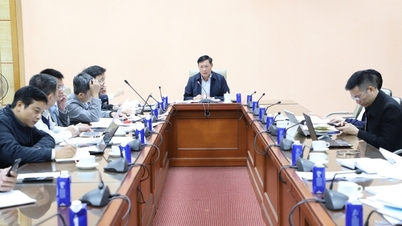

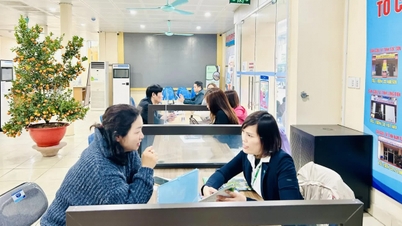

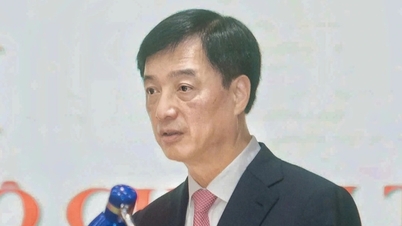

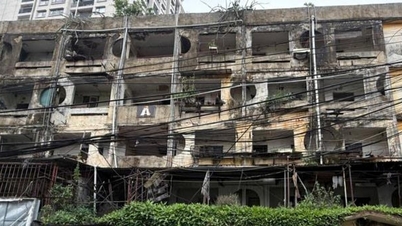


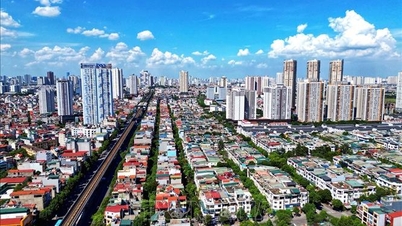

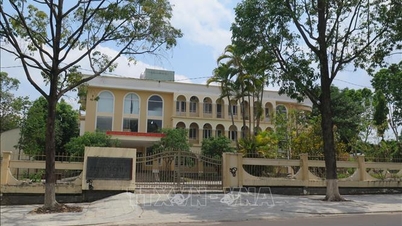
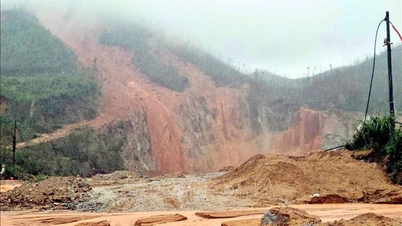




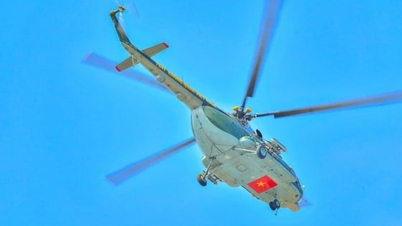




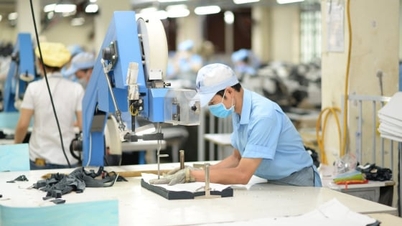
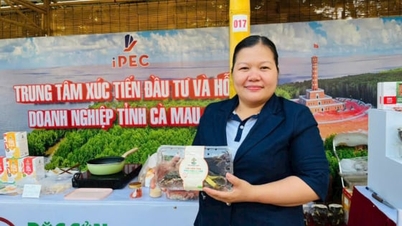

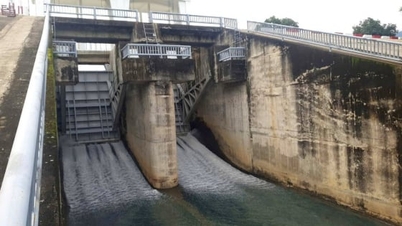
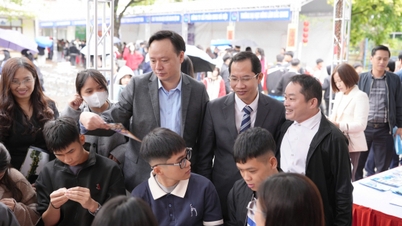























































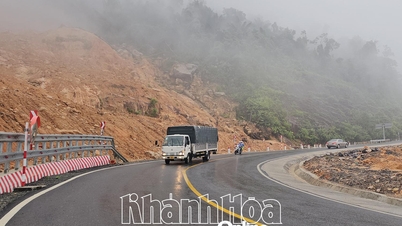
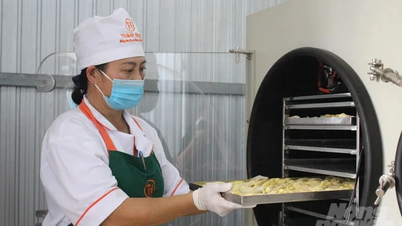













Comment (0)